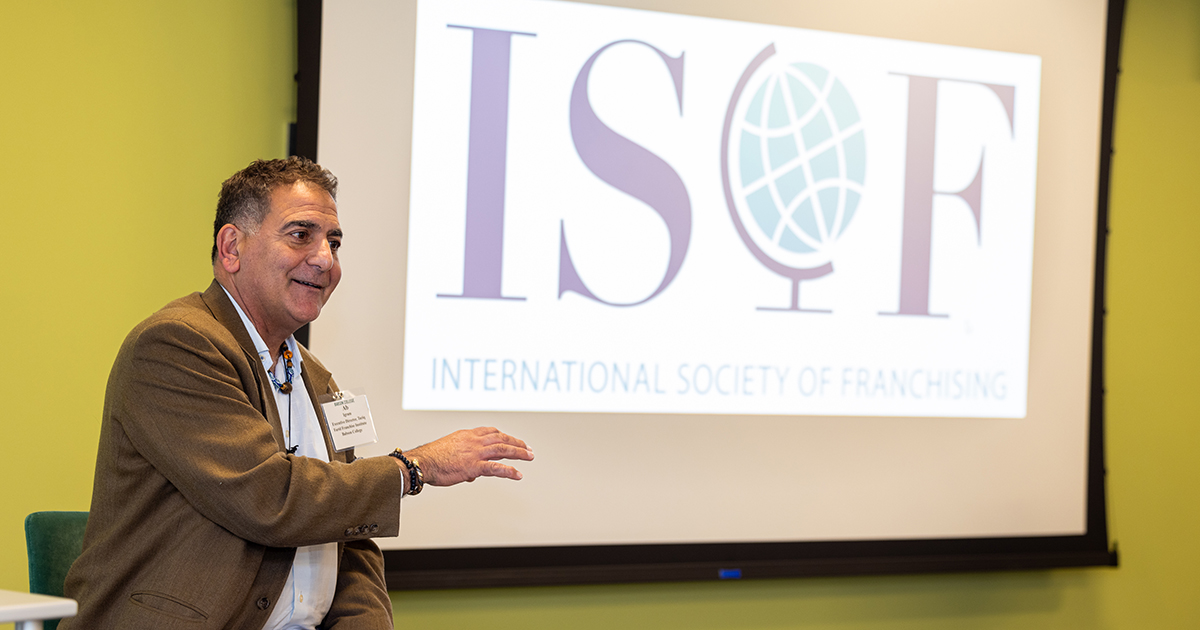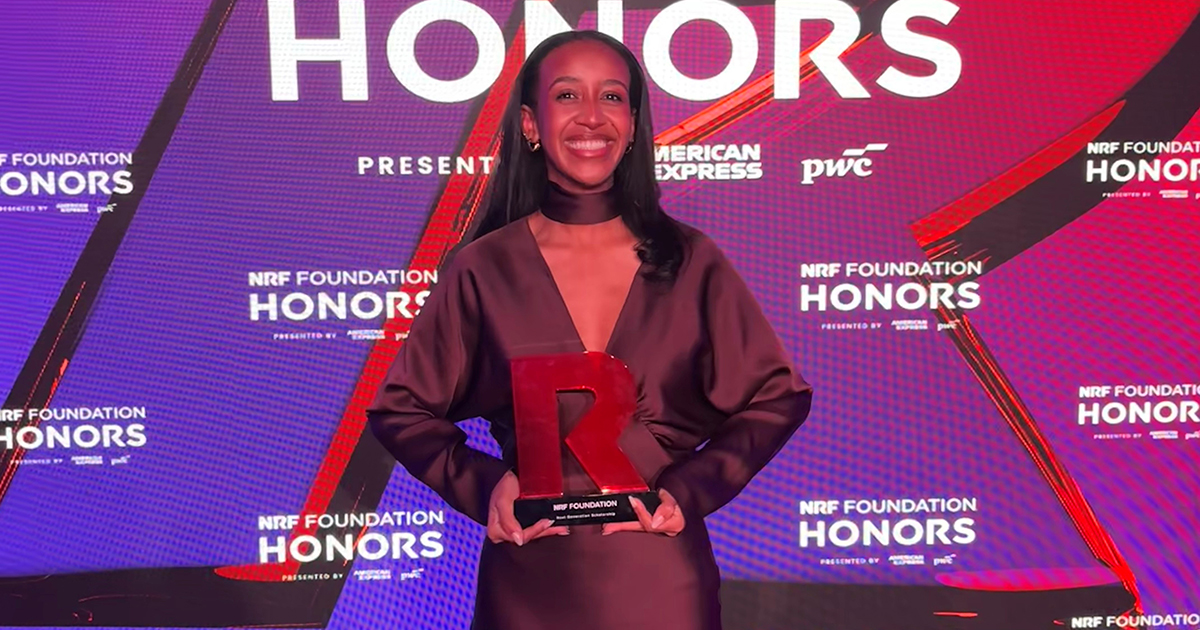Harnessing the Franchise Model for Social Impact

In today’s interconnected world, the concept of social impact has evolved beyond mere philanthropy to encompass initiatives that address pressing global challenges, reflecting a commitment to sustainability, equity, and community benefit. With its proven business model renowned for its scalability and operational efficiency, franchising has emerged as a potent vehicle for driving these social impact initiatives.
This synergy was highlighted during the Social Impact and Franchising panel at this year’s International Society of Franchising (ISoF) Conference, hosted by the Tariq Farid Franchise Institute at Babson College’s Boston location, in conjunction with The Arthur M. Blank School for Entrepreneurial Leadership. On the panel, experts underscored the pivotal role franchising poses in amplifying social change efforts. Here are the key takeaways:
Integrating Social Impact
When asked by panel moderator Babson Associate Law Professor Leslie Garbarino what trends are being seen in franchising regarding social impact, Ab Igram MBA’96, executive director of the Tariq Farid Franchise Institute, emphasized franchisors increasing recognition of the imperative to integrate social impact and responsibility into their business frameworks and brand ethos.

Igram explained how this approach not only aligns with customer and employee expectations but also empowers local franchisees to contribute meaningfully to their communities. For instance, he noted, franchises such as Dunkin’ demonstrate a dual-pronged approach: While adhering to corporate social responsibility standards centrally, individual franchisees have the flexibility to tailor initiatives to local needs.
The trend toward franchising models that prioritize social impact is not just about corporate goodwill; it’s also smart business. In the panel discussion, Cheryl Kiser, executive director of the Institute for Social Innovation, highlighted how businesses that effectively integrate social impact initiatives can enhance their reputation, reduce risk capital costs, and foster deeper customer loyalty. This strategic alignment was underscored by the Institute for Social Innovation’s work on Project ROI, secondary research conducted by Babson that illustrates the tangible benefits of robust social impact strategies.
Exemplifying Social Impact

A compelling example discussed was initiatives led by AMB Sports + Entertainment, under the stewardship of Arthur M. Blank ’63, H’98. Aidan Mullaney, AMB community engagement and sports philanthropy manager, shared how AMB leverages its platform through initiatives such as flag football programs for girls and boys across multiple states, to promote inclusivity and community engagement. By seeding local teams and providing necessary equipment, the organization not only promotes sports but also breaks down barriers to participation, demonstrating how a national franchise entity can catalyze grassroots impact.
Moreover, initiatives such as the culinary program near Atlanta’s Mercedes Benz Stadium exemplify a top-down approach to community support. By offering local students opportunities in hospitality, AMB ensures that economic benefits extend beyond the stadium walls, fostering long-term community resilience and development.
Policy and Ethical Considerations
Looking forward, there is a growing call for regulatory bodies to incentivize and enforce social impact practices within franchising. Audience discussions from the Social Impact and Franchising panel highlighted the potential role of federal policy makers, such as the Federal Trade Commission, in promoting transparency and accountability. Advocates argued that mandatory disclosures of social impact commitments could empower prospective franchisees to align with brands that share their values, thus amplifying the sector’s positive societal contributions.
Embracing the Future
As franchising continues to evolve, its potential to drive social impact at both local and global scales remains substantial. By aligning business success with community well- being and environmental stewardship, franchisors not only fulfill their ethical obligations but also lay the groundwork for sustainable growth, innovation and resilience. The narratives shared at the ISoF Conference underscored a clear message: In the pursuit of profitability, franchising can and should serve as a force for positive change, ushering in a future where doing good is not just an option but a prerequisite for enduring success.
Posted in Insights



